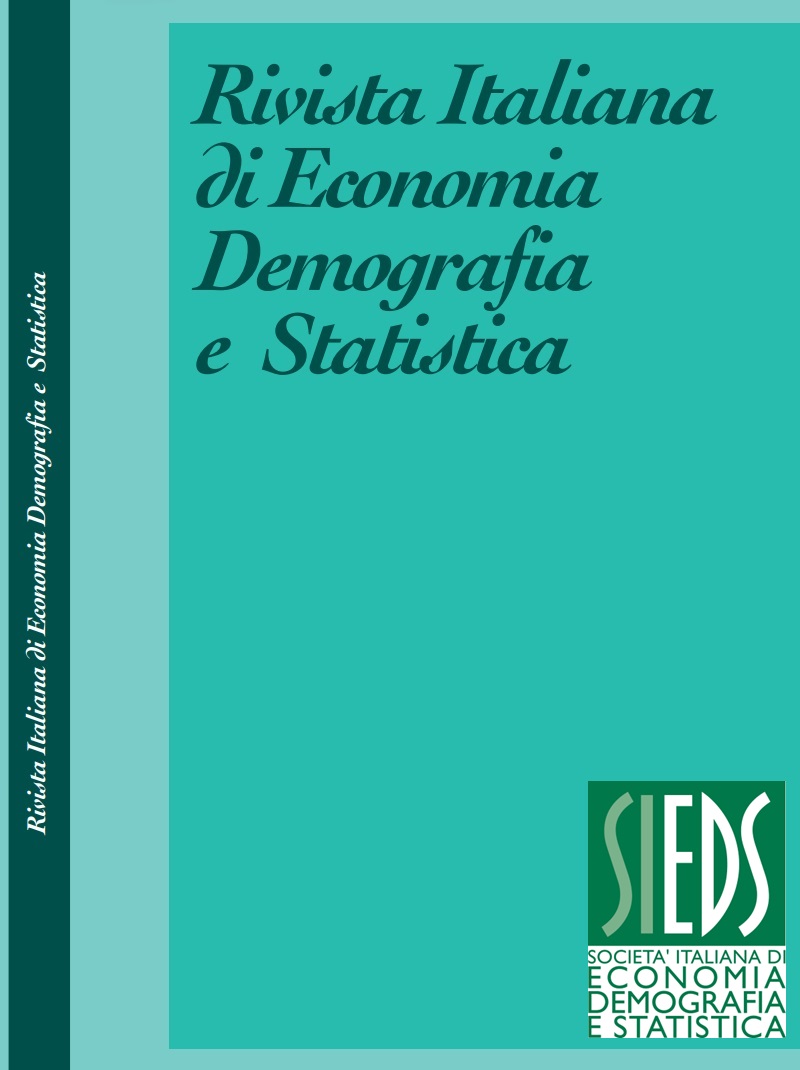Insularity and international trade: the case of Sicily
Abstract
There is a broad consensus that international trade plays a role in promoting economic growth. Among the main drivers of international competitiveness, geographical factors and transport infrastructure cover a relevant role. Trivially, the distance between a region and its trading partners is, in itself, a determinant of the region’s competitiveness in international markets, since a closer region would have an advantage. However, in the modern economy, logistics plays an increasingly important role in strengthening international competitiveness, as globalization has expanded the trade network by making the physical distance between regions less important. In this paper we study the case of Sicily, the largest island in the Mediterranean Sea, to see if insularity plays a role in explaining this region’s total exports given its infrastructure endowment. Consistent with a broad strand of the international trade literature, this aim is achieved by means of gravity models estimated via Poisson Pseudo Likelihood regression with multiple levels of Fixed Effects (PPML HDFE implemented in Stata). Using a novel panel dataset on the 20 Italian regions and their main international trading European partners from 2007 to 2018, we show the impact of maritime transport, roads and railways on total export of Sicily. In particular, we find a positive significant role of ports on international trade for the island. These results offer useful suggestions on what infrastructure is best to invest in to increase Sicily’s total exports.
Downloads
Published
Issue
Section
License
Copyright (c) 2022 Lucio Siviero, Benedetto Torrisi

This work is licensed under a Creative Commons Attribution 4.0 International License.



